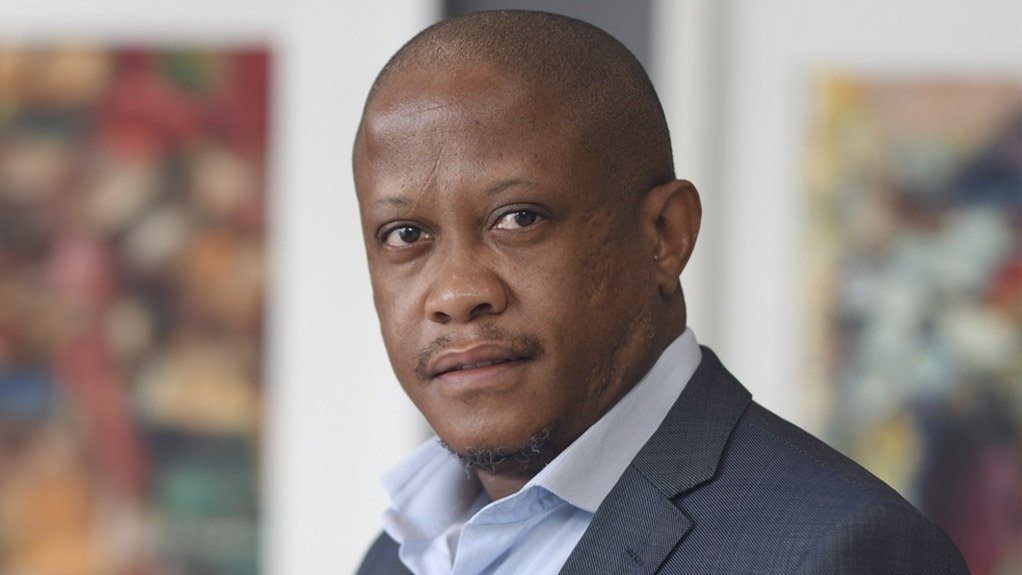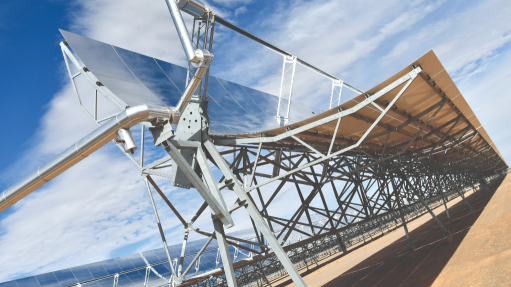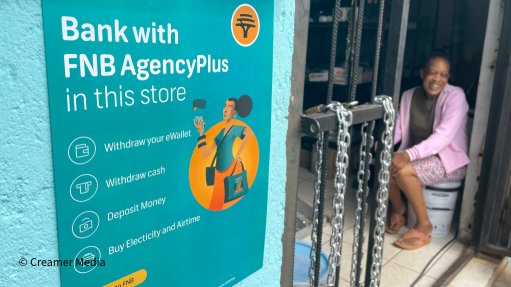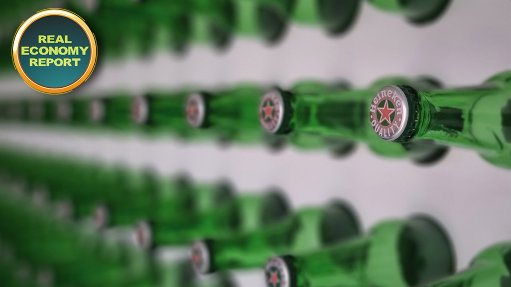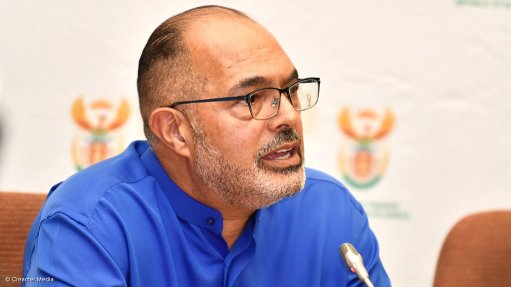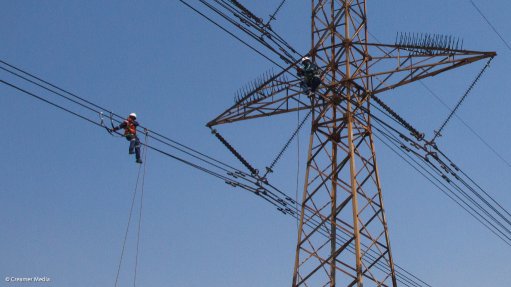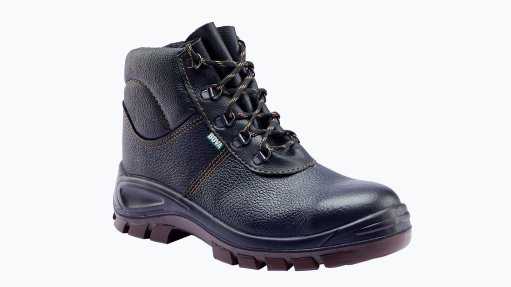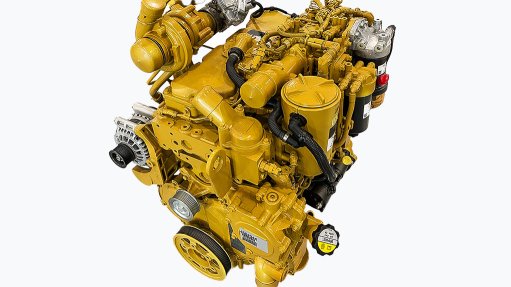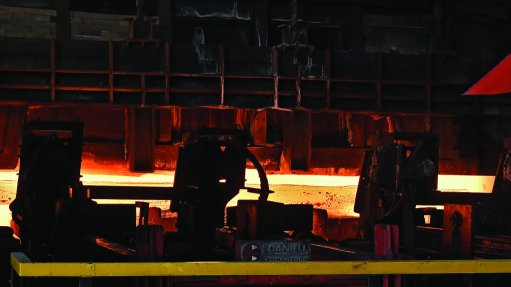Deepfakes – South Africa’s New Digital Threat
This article has been supplied and will be available for a limited time only on this website.
By: Boland Lithebe - Security lead for Accenture, Africa
Imagine waking up to a video of the President announcing a national emergency that never happened. Or a CEO admitting to fraud. In today’s digital world, deepfakes make such scenarios increasingly possible, with terrifying implications for South Africa’s democracy, economy, and personal reputations.
Deepfake technology uses AI to manipulate videos, images, and audio to create hyper-realistic but entirely false content. While it started as a novelty, it has quickly become a major cybersecurity risk. In South Africa, where misinformation already spreads rapidly on social media, deepfakes could amplify political unrest, financial fraud, and reputational damage. The ease with which fake videos can be created makes it difficult for the public to distinguish between real and false information, further eroding trust in institutions and media.
With local government elections approaching, deepfakes could be weaponised to spread false narratives, influence voter sentiment, or discredit political figures. Given South Africa’s history of political tensions, the potential for chaos is high if fake videos of leaders making inflammatory remarks or policy announcements go viral. Cybercriminals are using deepfakes to impersonate executives, authorising fraudulent transactions or misleading investors.
A well-executed fake video of a bank CEO announcing financial distress could trigger panic and economic instability. Imagine a fake video showing a business leader or celebrity making offensive statements. By the time the truth is revealed, the damage is already done. Businesses must prepare for this new wave of digital threats to their reputation.
Deepfakes are here to stay, but South Africa can take steps to mitigate their impact. Companies and media houses must use AI-powered verification tools to analyse videos and detect manipulations before they spread. The public must be educated on how to identify deepfakes. Schools, businesses, and government agencies should run awareness campaigns to help people critically assess digital content.
South Africa’s cyber laws must be updated to specifically address deepfake crimes, ensuring legal consequences for those who create or distribute harmful content. Social media platforms must take responsibility for detecting and removing deepfakes, working with government agencies to curb disinformation. Deepfakes are not just a technological novelty—they are a real and growing threat to South Africa’s digital security.
Business leaders, policymakers, and the public must act now to strengthen defences against this emerging menace. The time to prepare is before—not after—the first major deepfake crisis shakes the country. The question is no longer whether deepfakes will affect South Africa, but how well we are prepared to deal with them. Are we ready?
Comments
Press Office
Announcements
What's On
Subscribe to improve your user experience...
Option 1 (equivalent of R125 a month):
Receive a weekly copy of Creamer Media's Engineering News & Mining Weekly magazine
(print copy for those in South Africa and e-magazine for those outside of South Africa)
Receive daily email newsletters
Access to full search results
Access archive of magazine back copies
Access to Projects in Progress
Access to ONE Research Report of your choice in PDF format
Option 2 (equivalent of R375 a month):
All benefits from Option 1
PLUS
Access to Creamer Media's Research Channel Africa for ALL Research Reports, in PDF format, on various industrial and mining sectors
including Electricity; Water; Energy Transition; Hydrogen; Roads, Rail and Ports; Coal; Gold; Platinum; Battery Metals; etc.
Already a subscriber?
Forgotten your password?
Receive weekly copy of Creamer Media's Engineering News & Mining Weekly magazine (print copy for those in South Africa and e-magazine for those outside of South Africa)
➕
Recieve daily email newsletters
➕
Access to full search results
➕
Access archive of magazine back copies
➕
Access to Projects in Progress
➕
Access to ONE Research Report of your choice in PDF format
RESEARCH CHANNEL AFRICA
R4500 (equivalent of R375 a month)
SUBSCRIBEAll benefits from Option 1
➕
Access to Creamer Media's Research Channel Africa for ALL Research Reports on various industrial and mining sectors, in PDF format, including on:
Electricity
➕
Water
➕
Energy Transition
➕
Hydrogen
➕
Roads, Rail and Ports
➕
Coal
➕
Gold
➕
Platinum
➕
Battery Metals
➕
etc.
Receive all benefits from Option 1 or Option 2 delivered to numerous people at your company
➕
Multiple User names and Passwords for simultaneous log-ins
➕
Intranet integration access to all in your organisation



